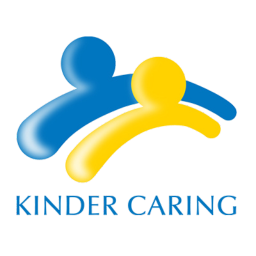Meet Our Independent Support Coordinator Series: Introducing Kelly from Melbourne

Tell us a bit about your background and experience?
Hi, I’m Kelly! I’ve been working in the community services sector for several years, supporting people in areas like mental health, alcohol and other drugs (AOD), disability, and community support. I’ve also worked as a teacher’s aide in both mainstream and specialist schools, which helped me develop a strong understanding of different learning styles, communication needs, and behaviour support.
Over the past few years, I’ve focused on Support Coordination, helping NDIS participants navigate their plans, build independence, and connect with the right supports to achieve their goals — whether they have psychosocial, physical, or complex support needs.
What qualifications or training do you bring to your role?
I hold qualifications in Community Services, Mental Health, Alcohol and Other Drugs, and a Diploma of Early Childhood Education and Care. I’m also currently completing a Diploma of Counselling, which has strengthened my skills in communication, empathy, and person-centred practice.
Do you have any areas of specialisation or particular experience supporting certain participants?
I have extensive experience supporting people with psychosocial disabilities such as anxiety, depression, OCD, and trauma-related challenges, as well as participants with physical disabilities, limited mobility, and high complex needs.
I regularly work with individuals who require a multidisciplinary team approach, including allied health, behaviour support, and in-home care. My background in both AOD and education also helps me work effectively with families and participants who have dual diagnoses or complex support arrangements.
Can you share a bit about your approach to supporting participants — and how you work with them to make the most of their NDIS plan and goals?
My approach is relaxed, person-centred, and strength-based. I believe in working alongside participants — not just coordinating services, but empowering them to make informed choices and feel confident in managing their plans. I take the time to listen, understand what’s important, and tailor supports that fit each person’s individual lifestyle and goals.
What do you enjoy most about being a Support Coordinator?
I love seeing participants gain confidence and independence, and being part of their progress toward living the life they choose. Whether it’s helping someone find the right therapist, coordinating in-home supports, or building community connections — it’s incredibly rewarding to see real outcomes and positive change.
What sets you apart as a Support Coordinator?
I bring a mix of professional qualifications, lived experience, and a genuine passion for helping people. I’m approachable, proactive, and always focused on solutions that truly benefit the participant. I pride myself on being thorough, transparent, and supportive — ensuring everyone I work with feels heard, respected, and empowered.
